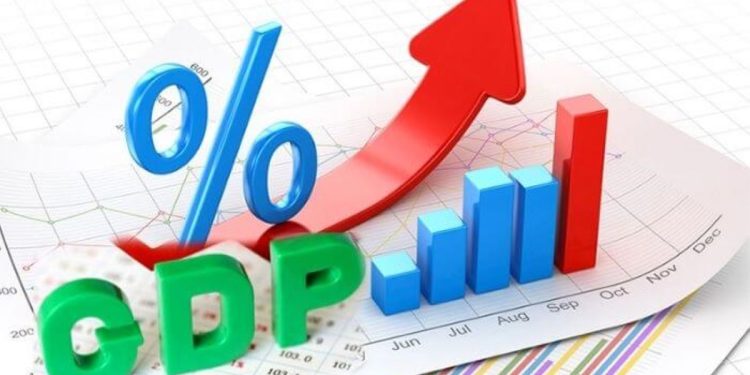In a bid to achieve a $1 trillion Gross Domestic Product (GDP) economy in the next seven years, Nigerian economist Stephen Osho, Co-Managing Partner of Comercio Partners Limited, emphasizes the necessity for collaborative policies from both fiscal and monetary authorities.
During the unveiling of the 2024 macroeconomic outlook in Lagos, Osho stressed the importance of recapitalizing the banking sector to fortify the financial system and realize the ambitious GDP goal. He emphasized that attaining a $1 trillion economy requires synchronized efforts from both monetary and fiscal authorities.
Nnamdi Nwizu, Co-Managing Partner/Head of Trading at Comercio Partners, echoed Osho’s sentiments, highlighting the significance of naira stability in attracting foreign direct investments (FDIs) to the economy. He emphasized the critical role of forex availability and a stable naira in fostering a conducive environment for business growth, alongside lower interest rates.
In his presentation, Investment Research Associate Ifeanyi Ubah outlined the Central Bank of Nigeria’s (CBN) measures to combat soaring inflationary pressures. The CBN, mirroring global trends, implemented additional restrictive monetary policies, including a substantial increase in interest rates to 18.75%. Despite these measures, Nigeria continues to grapple with rampant inflation driven by rising food import prices and a persistent dollar shortage.
Ubah further discussed the CBN’s monthly bond auctions, which witnessed significant rate hikes across various bonds. Despite efforts to curtail money supply, liquidity in the system remains robust, with heightened investor appetite for government bonds.
Looking ahead to the first half of 2024, investors anticipate the CBN’s guidance on rate trajectory during upcoming auctions. The report underscores the importance of managing money supply amidst external reserve constraints, with higher auction rates expected to attract liquidity into the market.
However, challenges persist, including a prevailing USD backlog and external uncertainties, casting a shadow over Nigeria’s economic outlook. The looming risk of exchange rate pressure, dwindling external reserves, and volatile crude oil prices add complexity to the economic landscape.
As Nigeria navigates these economic headwinds, both domestic and foreign investors remain vigilant, poised to respond to developments that will shape the nation’s economic trajectory in the months ahead.










